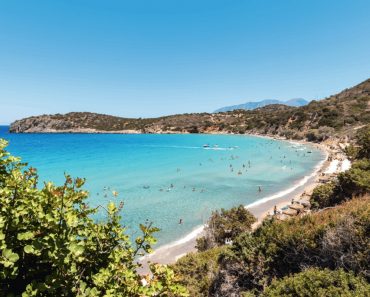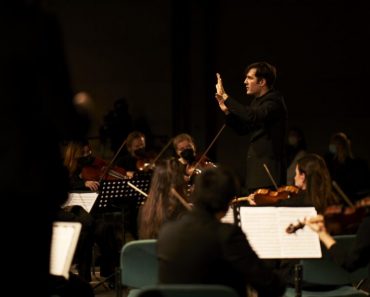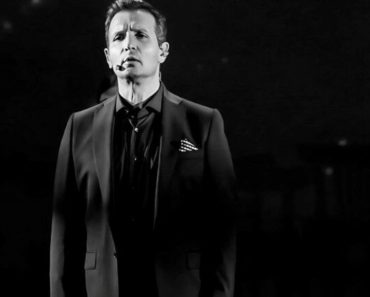Greek myths are not just tales about gods, heroes, and monsters of ancient Greece.
They have influenced art and literature in both Eastern and Western cultures, offering insights still relevant today.
This year, West Australian Opera (WAO) brings two Greek tragedy-inspired opera productions to Perth’s stage, exploring themes of love, betrayal, and the universality of human experiences found in Greek tragedies.
West Australian Opera presents “Dido and Aeneas” (Διδώ και Αινείας), a story of love and tragedy between Queen Dido of Carthage and the returning hero Aeneas from Troy.
Written by English composer Henry Purcell in 1689, (less that 10 years before the composer’s death), the opera portrays their love and eventual heartbreak when fate intervenes.
In the physical theatre Circa production of the Greek tragedy “Orpheus and Eurydice” (Ορφέας και Ευρυδίκη), Orpheus, a grief-stricken musician, receives permission from the Gods to journey to the underworld to bring back his beloved Eurydice.
He is forbidden from looking at her until they return in the land of the living.
Orpheus can’t resist and glances back, leading to a tragic ending.
In crafting this production, WAO, Opera Queensland teamed up with Circa, a group that pushes artistic boundaries and explores physicality in all performances, including opera, ballet, and theatre.
WAO Artistic Director, Christopher van Tuinen, said Greek tragic stories continue to connect with audiences and composers because they reflect fundamental aspects of the human experience.
“They’re really about the relationship between human beings and it really tells us something about what it means for us to be in love or for us to have conflicts or problems or grief. They’re all universal human emotions.”
Van Tuinen said the reason “why these stories have been so powerful for so long,” is “because they resonate with us about what it means to be human.”
What also “excites opera composers” is that these narratives inspire powerful music.
“The words come before the music and so if you are excited about what a character or a group of characters are feeling or going through, then that’s a much easier path into fabulous music.”
Van Tuinen said he has “dipped in and out of Greek myths in the past,” citing “Electra” and “Orpheus in the Underworld” as examples.
“It’s a very kind of common ground for us and it’s fabulous, I think, for opera companies to celebrate Greek culture and also celebrate Greek culture’s place in the history of other great fables and stories.”
He said his future artistic choices often mirror his past work experiences, linking “Medea”, a play he produced a decade ago, based on the Greek tragedy of a woman seeking revenge on her husband by killing their children, to “Dido and Aeneas.”
He said both plays depict “grief-stricken women” trapped in “a fairly narrow path” created by “the men around them.”
“We’re Magpies artists. I think we get interested and fixated on and immerse ourselves in whatever’s in front of us at the time. And then we see the connections between one story and another.”
He said working on these productions provides opportunities for artistic growth and deeper connection among the team.
“Every time we immerse ourselves in a great story, we learn a little bit more about each other and what it means to make great art.”
He said what musicians, singers, or directors he works with “find endlessly fascinating about” is “both the operas and revisiting these stories.”
“Every time you open the book, you learn something new.”
The Dutch Artistic Director of WAO grew up in Melbourne, surrounded by Greek and Italian communities.
Now living in Perth, where many Greek migrants settled in the 1950s, the same year his family migrated from Holland, he said, “there’s this kind of great connection to those cultures.”
“We cherish that we see a lot of that.”
Despite a 350-year gap between when the music for “Dido and Aeneas” was created and today’s performances, the story’s power endures over thousands of years.
“Why is it so powerful? Why is it so persistent?” he questioned, ready to explain.
“Because ideas within it and the emotions within it still resonate with us now.”
“We pick the stories because they’ve got great music and great stories in them and what we see are those universal elements always coming forward again, which makes the story so strong.”



-370x297.jpg)



